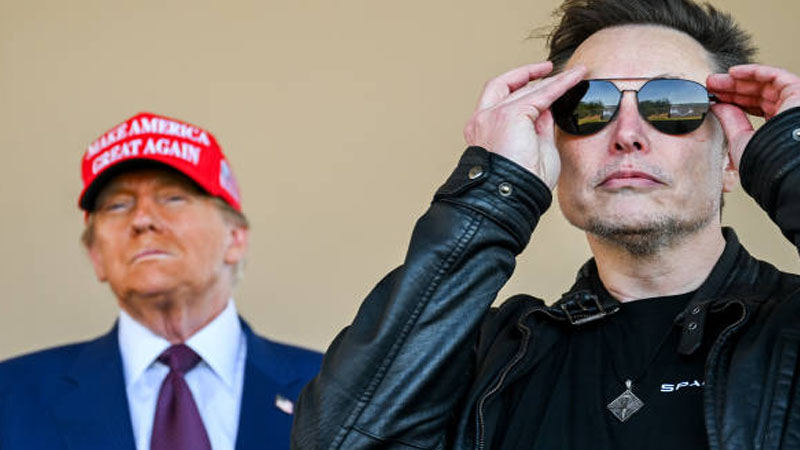WASHINGTON—Newly obtained emails reveal that Elon Musk’s allies wasted no time after Donald Trump’s return to the White House, immediately attempting to block congressionally approved funds for the U.S. Agency for International Development (USAID). The move, described by sources as highly irregular, has raised concerns about executive overreach and potential legal violations.
Internal communications show that Musk’s associates, who had been installed in the Treasury Department, stunned then-acting secretary David Lebryk just four days after the inauguration by demanding the immediate suspension of payments processed through USAID’s sensitive financial system. According to CNN sources, such a request fell far outside standard procedures.
Lebryk, taken aback by the demand, reportedly responded that he did not believe “we have the legal authority to stop an authorized payment certified by an agency.” He advised that the State Department, which oversees USAID, be consulted to ensure a “legally less risky approach.”
Among those pushing for the freeze was former tech executive Tom Krause, now a top DOGE staffer at the Treasury Department. Krause warned Lebryk that refusing to comply could pose legal risks. Lebryk, a 35-year veteran of the department, abruptly resigned on Friday, a move that sent shockwaves through Washington and intensified scrutiny of Musk’s influence in government.
Lawmakers have since raised concerns that Musk’s allies may have accessed highly sensitive financial data affecting millions of Americans and businesses. The Bureau of Fiscal Service, which typically operates quietly while distributing tax refunds, Social Security benefits, and other government payments, found itself at the center of controversy. Krause’s directives, coupled with conflicting official statements from Treasury officials, have left lawmakers and reporters demanding clarity on the extent of DOGE operatives’ influence.

“The hole here is what happened between the initial ask and [Treasury Secretary Scott] Bessent’s sign-off,” said a source familiar with the events. “Either the DOGE aspirations for what they wanted dramatically changed, or the limitations they insist were placed on them aren’t the whole story.”
Despite multiple requests for comment, none of the Treasury officials involved in the emails responded. However, the communications suggest that Trump and Musk’s allies are seeking to use DOGE to defund sections of the government they oppose—a move that could potentially violate Article 1 of the U.S. Constitution, which establishes Congress as a co-equal branch of government.
“What we would like to do is, to the extent permitted by law, temporarily pause the automatic processing of payment files” to a USAID health initiative, wrote Bessent chief of staff Daniel Katz in a Jan. 24 email, signaling efforts to block State Department payments.
The revelation has triggered bipartisan concerns over executive influence on government funding. As congressional investigations loom, the Biden administration and watchdog groups are closely monitoring the situation, raising broader questions about political influence over financial institutions and the rule of law in government operations.

